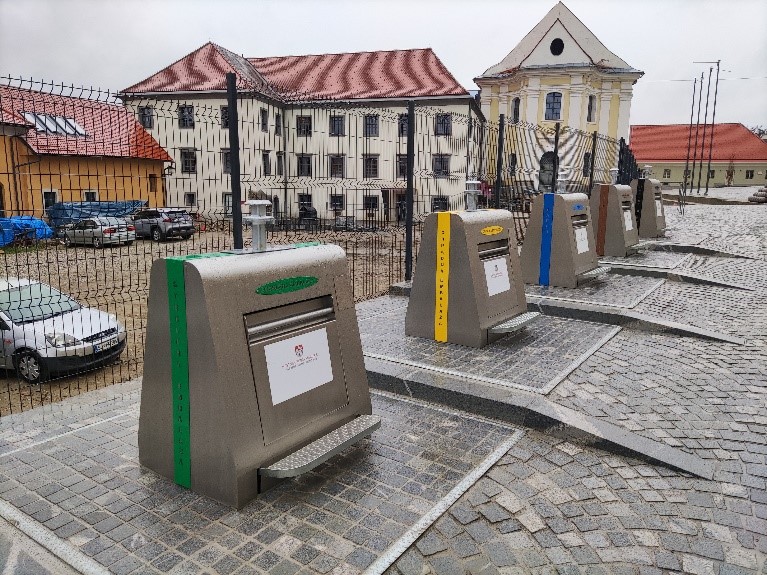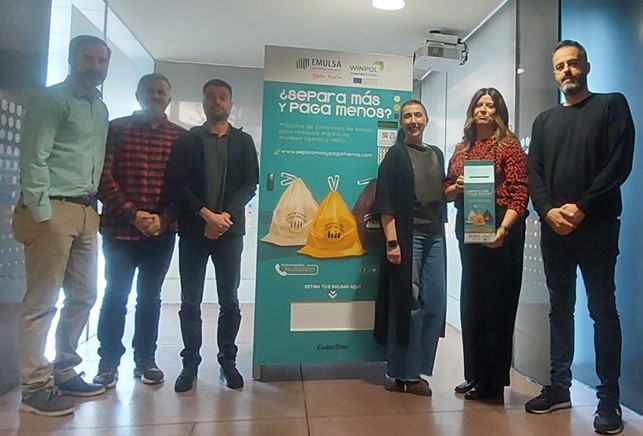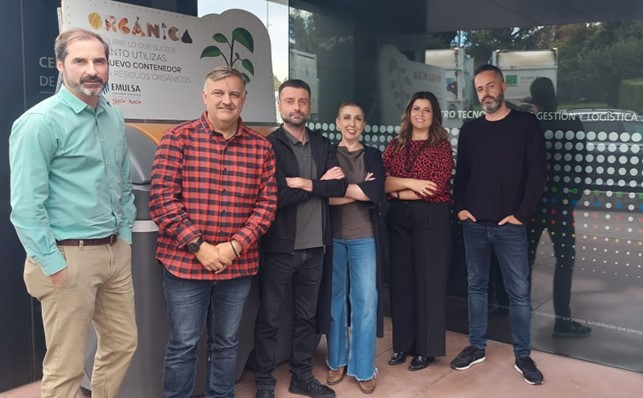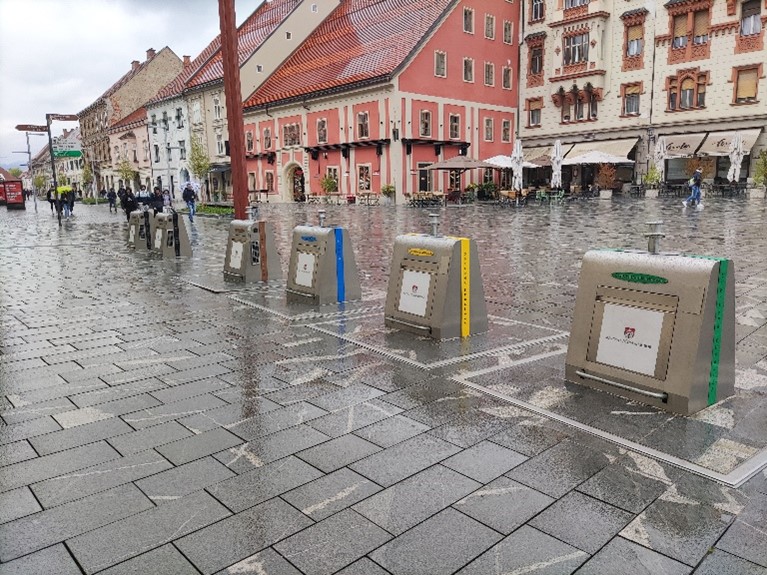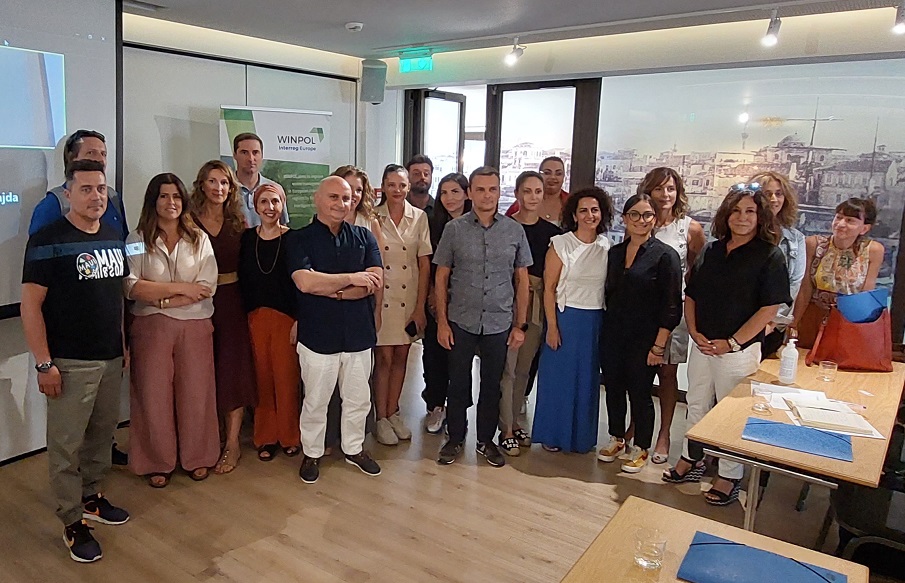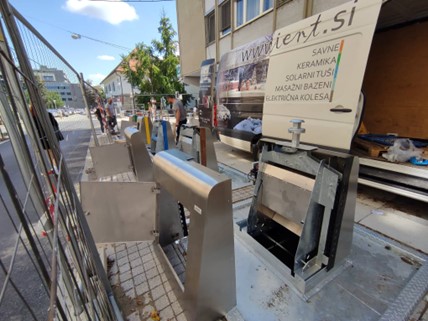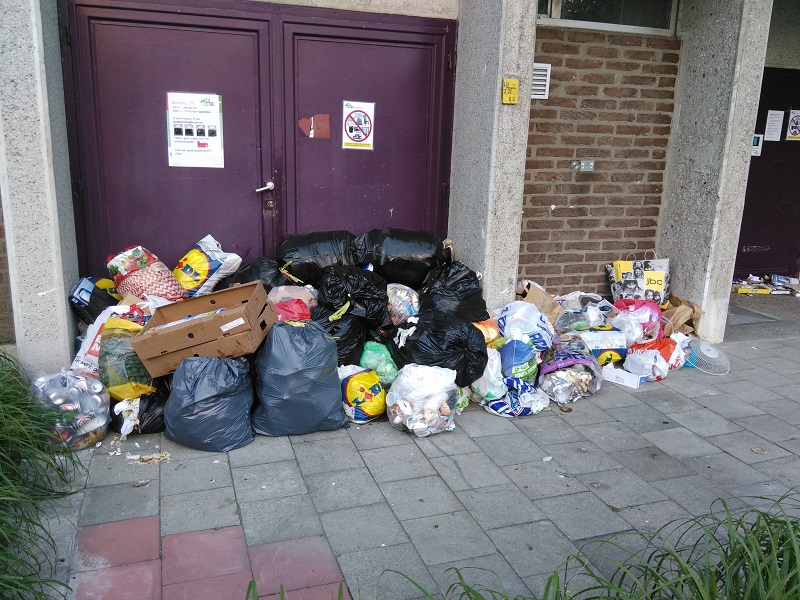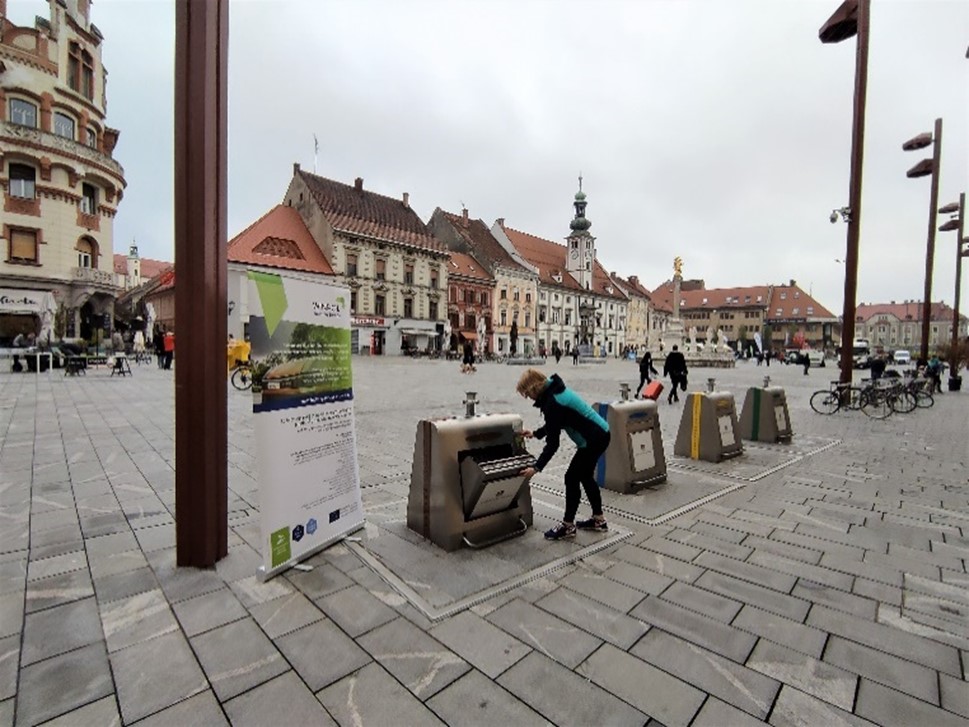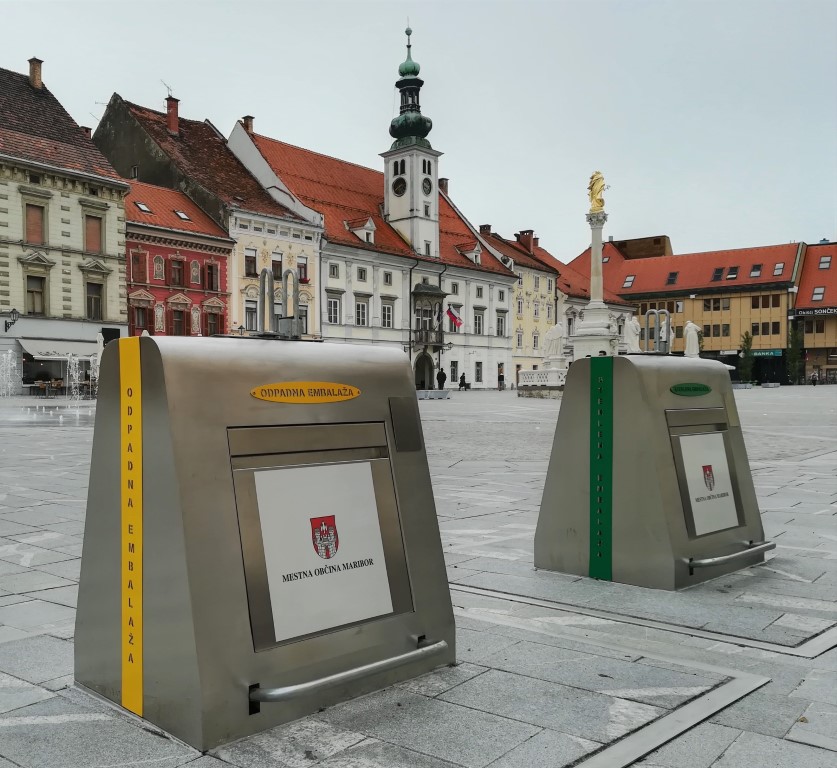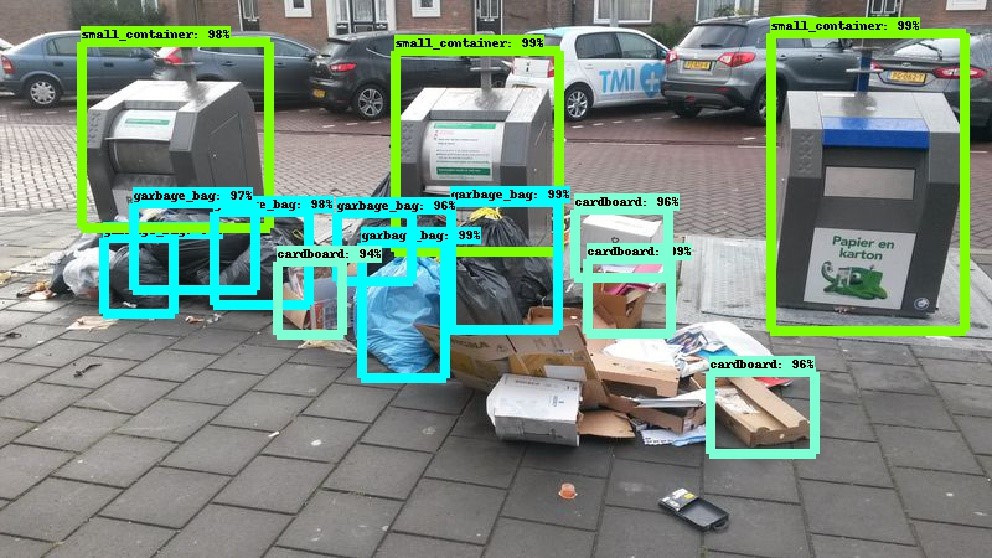EMULSA started implementing its WINPOL Action Plan with the launch of a six-month pilot experience in the eastern zone of the rural area of Gijón for the separate collection of garden waste (mowing and pruning) that will last six months. The objective of this service is to facilitate the correct separation of vegetal waste and prevent the use of non-recyclable waste containers to deposit the mowing and pruning waste of farms, allowing separation for recycling into compost and reducing the waste that ends up in landfills. The waste from these containers will be recycled in order to take advantage of it to generate compost, organic fertilizer, which will revert again to the environment since this type of waste is susceptible to be recycled into a high quality compost, used later as fertilizer in gardening, agriculture, etc.
This action, reducing the amount of waste generated, replies to the needs and demands of citizens by promoting and facilitating the disposal of this type of selective waste. Users will have a nearby civic amenity sites so mowing and pruning waste does not end up deposited in the non-recyclable mixed waste containers, also complying with the new Municipal Cleaning and Waste Management Ordinance of the Gijón City Council. The neighborhood collaboration is crucial for the success of this pilot experience and to achieve an adequate use of the containers. With this new service, the residents of the rural area of Gijón take one more step in making Gijón an example in environmental management.
The pilot experience will allow EMULSA to verify the need for this service with the installation from 9 November of 60 specific containers in various parts the eastern part of the rural district so that residents can deposit their mowing and pruning waste. Since it is important to control the deposit of other mixed waste, the area of implementation of the pilot experience has been divided into 2 zones. In the first zone, the containers will be equipped with an electronic closing system that can be opened free of charge by means of a Citizen Card. In the other one, the containers will be open without the need for a card to study if “the easier the better” (containers without a lock) implies greater citizen participation without affecting the quality of the waste, or if, on the contrary, the non-installation of closures may involve the existence of invalid residues that end up contaminating the results so the waste cannot be transformed into compost.
After six months, EMULSA will analyze the economic viability and the results of the waste collected so if the results are positive, the experience can be extended to the rest of rural areas, prioritizing the most populated areas.


